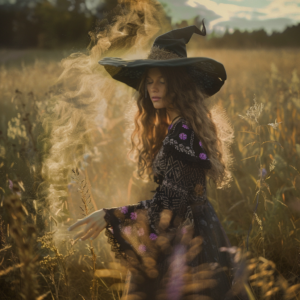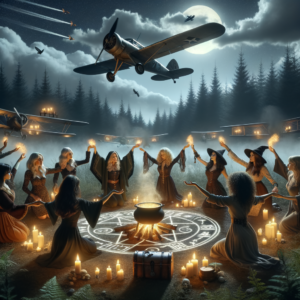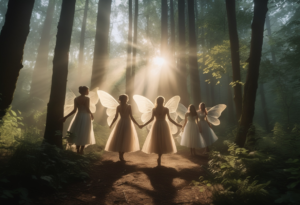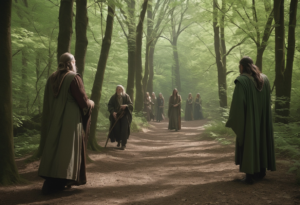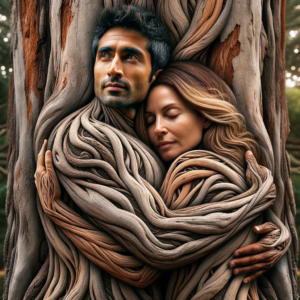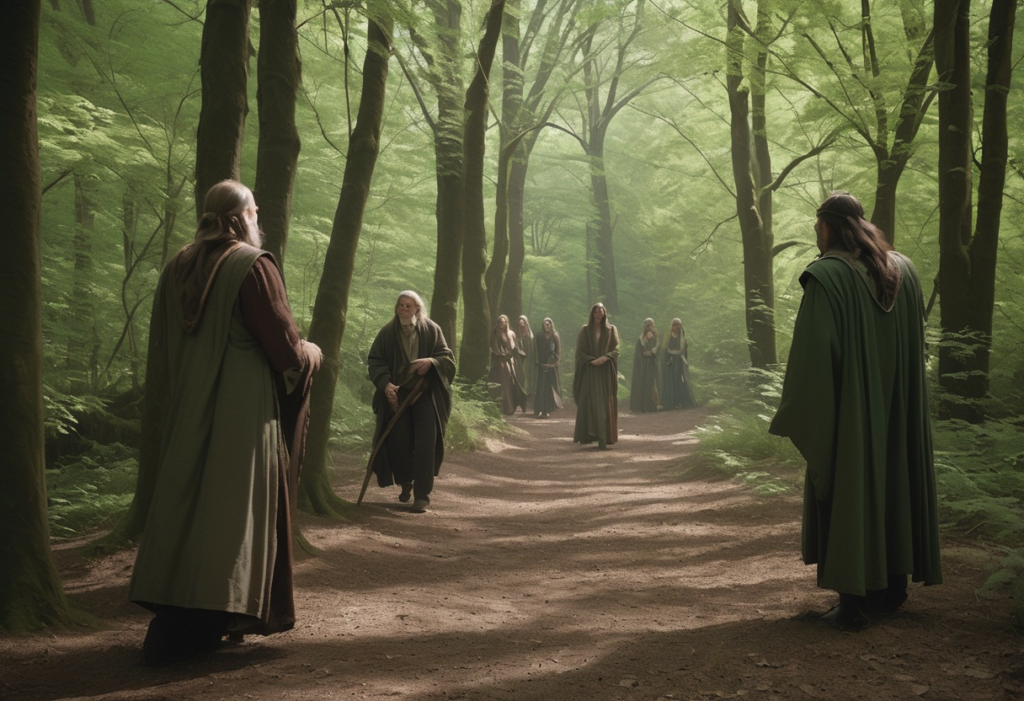
The ancient Druids, shrouded in mystique and often misunderstood, were much more than just enigmatic figures of Celtic history. They were the intellectual and spiritual leaders of their communities, holding roles as philosophers, teachers, judges, and intermediaries between the human and divine realms. While concrete evidence remains scarce due to the oral tradition of the Celts and the deliberate suppression of Druidic knowledge by later Roman invaders, piecing together various historical accounts, archaeological discoveries, and surviving folklore allows us to glimpse into their fascinating world.
Belief System: A World Intertwined with Nature
The Druidic belief system was deeply rooted in the natural world. They saw the divine in every aspect of nature, from the towering trees and flowing rivers to the celestial bodies that governed the seasons and tides. This reverence for nature extended to a belief in animism, where spirits and deities inhabited natural elements. Key aspects of their belief system included:
- The Three Realms: The Druids believed in the existence of three realms: the land of the living, the Otherworld (a realm of spirits and deities), and the sky. These realms were interconnected, and the Druids, through their rituals and knowledge, could navigate between them.
- Reincarnation and Transmigration of Souls: Druids believed in the cyclical nature of life and death, with souls journeying through multiple lives and even inhabiting different forms, including animals and plants. This belief fostered a deep respect for all living things.
- The Importance of Balance: Maintaining harmony and balance between the human world and the natural world was crucial. Disrupting this balance could bring misfortune and anger the spirits.
Practices: Rituals, Knowledge, and Connection
The Druids were known for their diverse practices, which were aimed at understanding and interacting with the divine forces in the natural world. Some of their key practices included:
- Rituals and Ceremonies: Druidic rituals often took place in sacred groves and natural landscapes, such as hilltops, springs, and stone circles. These ceremonies involved offerings, prayers, chants, and divination, all aimed at communicating with the spirits and deities and seeking their guidance.
- Astronomy and Astrology: Druids were keen observers of the celestial bodies and their movements. They used this knowledge to track time, predict seasons, and understand the influence of celestial events on the human world. The intricate astronomical alignments of monuments like Stonehenge suggest a sophisticated understanding of the cosmos.
- Herbalism and Medicine: Druids possessed extensive knowledge of plants and their medicinal properties. They used herbs for healing, divination, and ritual purposes. This knowledge was passed down through oral tradition and formed the basis of much of early European medicine.
- Divination and Prophecy: Druids were believed to possess the ability to see into the future and interpret omens. They used various methods of divination, such as observing the flight of birds, interpreting dreams, and reading the patterns in natural elements like fire and water.
- Oral Tradition and Storytelling: Knowledge and wisdom were passed down through generations via oral storytelling and memorization. This included myths, legends, historical accounts, and practical knowledge about the natural world.
Social Role and Influence:
Druids held significant social and political influence within their communities. They served as:
- Judges and Lawmakers: Druids were responsible for settling disputes, interpreting laws, and ensuring justice within their communities. Their decisions were considered binding and were believed to be guided by the wisdom of the spirits.
- Teachers and Mentors: Druids were responsible for educating the young, passing on their knowledge of religion, philosophy, history, medicine, and astronomy. This education could take years, and only the most dedicated students were initiated into the higher ranks of Druidism.
- Advisors to Leaders: Kings and chieftains often sought the counsel of Druids on matters of war, diplomacy, and governance. Their wisdom and ability to interpret omens were highly valued in decision-making.
Myths and Misconceptions:
Despite their historical significance, much about the Druids remains shrouded in mystery, leading to various myths and misconceptions. Some common misconceptions include:
- Human Sacrifice: While Roman accounts often depicted Druids as engaging in human sacrifice, there is little archaeological evidence to support this claim. It is possible that these accounts were exaggerated or misinterpreted to demonize the Druids and justify Roman conquest.
- Stonehenge Builders: While Druids certainly used Stonehenge and other megalithic sites for their rituals, they did not build these structures. These monuments predate the Druids by centuries, and their construction remains a subject of ongoing archaeological investigation.
- Secret Society: While Druidic knowledge was indeed closely guarded and passed down through initiation, they were not a secret society in the modern sense. They were integral members of their communities and interacted openly with the people.
Legacy of the Druids:
Though the traditional Druidic practices declined with the Roman conquest and the spread of Christianity, their legacy continues to resonate. Their reverence for nature, emphasis on balance and harmony, and connection to the spiritual realm continue to inspire many modern spiritual and environmental movements. Modern Druidic groups have emerged, seeking to revive and reinterpret ancient practices for the contemporary world.
Conclusion:
The ancient Druids were complex figures, intricately woven into the fabric of Celtic society. Their belief system, rooted in the natural world, and their diverse practices, from astronomy to healing, reflected a deep understanding of the interconnectedness of all things. While much remains unknown, their legacy continues to inspire awe and curiosity, reminding us of the enduring power of nature and the human search for meaning and connection to the divine.
